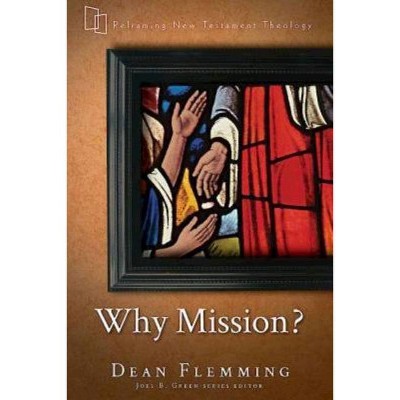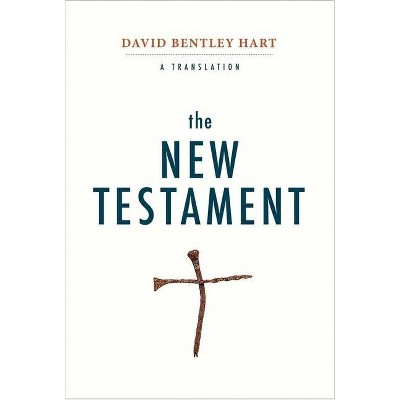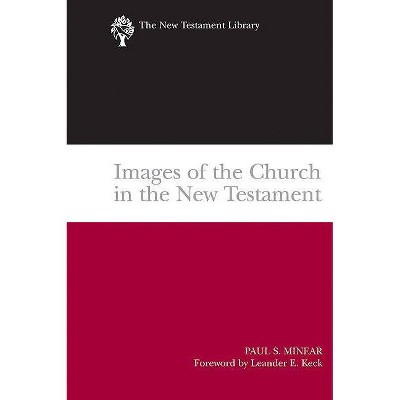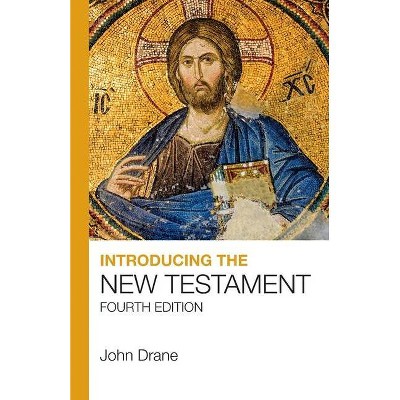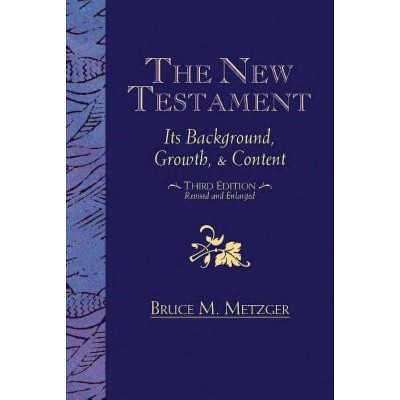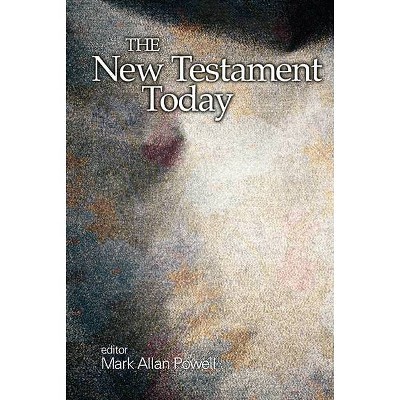Contextualization in the New Testament - by Dean Flemming (Paperback)

Similar Products
Products of same category from the store
AllProduct info
<p/><br></br><p><b> About the Book </b></p></br></br><p>To provide a model for today's missionary efforts, Dean Flemming examines how the New Testament authors--particularly in Acts, Paul's letters and the Gospels--contextualized the gospel for particular cultures and/or communities.</p><p/><br></br><p><b> Book Synopsis </b></p></br></br><ul> <li>Winner of a 2006 <em>Christianity Today</em> Book Award</li> <li>Honored as one of the Fifteen Outstanding Books of 2005 for Mission Studies by <em>International Bulletin of Missionary Research</em></li> </ul><p>From Cairo to Calcutta, from Cochabamba to Columbus, Christians are engaged in a conversation about how to speak and live the gospel in today's traditional, modern and emergent cultures. The technical term for their efforts is <em>contextualization.</em> Missionary theorists have pondered and written on it at length. More and more, those who do theology in the West are also trying to discover new ways of communicating and embodying the gospel for an emerging postmodern culture. But few have considered in depth how the early church contextualized the gospel. And yet the New Testament provides numerous examples. As both a crosscultural missionary and a New Testament scholar, Dean Flemming is well equipped to examine how the early church contextualized the gospel and to draw out lessons for today. By carefully sifting the New Testament evidence, Flemming uncovers the patterns and parameters of a Paul or Mark or John as they spoke the Word on target, and he brings these to bear on our contemporary missiological task. Rich in insights and conversant with frontline thinking, this is a book that will revitalize the conversation and refresh our speaking and living the gospel in today's cultures, whether in traditional, modern or emergent contexts.</p><p/><br></br><p><b> Review Quotes </b></p></br></br><br><p><em>Contextualization in the New Testament</em> is a welcome addition to New Testament and missiological scholarship for several reasons. First, Dr. Flemming has brought current New Testament scholarship into an effective dialogue with missiological and cultural specialists. Second, in a balanced way he has rightly taken contextualization as a New Testament missional concept for Paul and his first-century colleagues beyond the neutral sense of communication of the gospel into the realm of proclamation as an intentional engagement with cultural and political discourses. Third, this move promises some very fruitful rethinking of what, in the context of conflicting cultural and religious 'stories, ' doing mission meant then and indeed what it should mean now. Finally, Dr. Flemming's lucid style allows easy access to a profound discussion that will impact our understanding of the church's gospel task both ancient and present.</p>--Philip H. Towner, Director of Translation Services, United Bible Societies<br><br><p>. . . a fresh, timely and much needed resource. . . . a must-read for those who desire to reach persons--in their own contexts--with the gospel.</p>--Michael Halcomb for Stone Campbell Journal, Fall 2007<br><br><p>Active mission practitioners, missiologists, and theologians will benefit from and enjoy this excellent volume.</p>--Bruce Campbell Moyer, Seminary Studies, Autumn 2009<br><br><p>Flemming has provided an excellent resource which will prove useful to both those preparing to work in other cultures and those engaged in gospel work in today's postmodern and increasingly globalized societies.</p>--Douglas N. Campbell, Dumisani Theological Institute, South Africa, Themelios 32/3<br>
Price History
Price Archive shows prices from various stores, lets you see history and find the cheapest. There is no actual sale on the website. For all support, inquiry and suggestion messages communication@pricearchive.us
